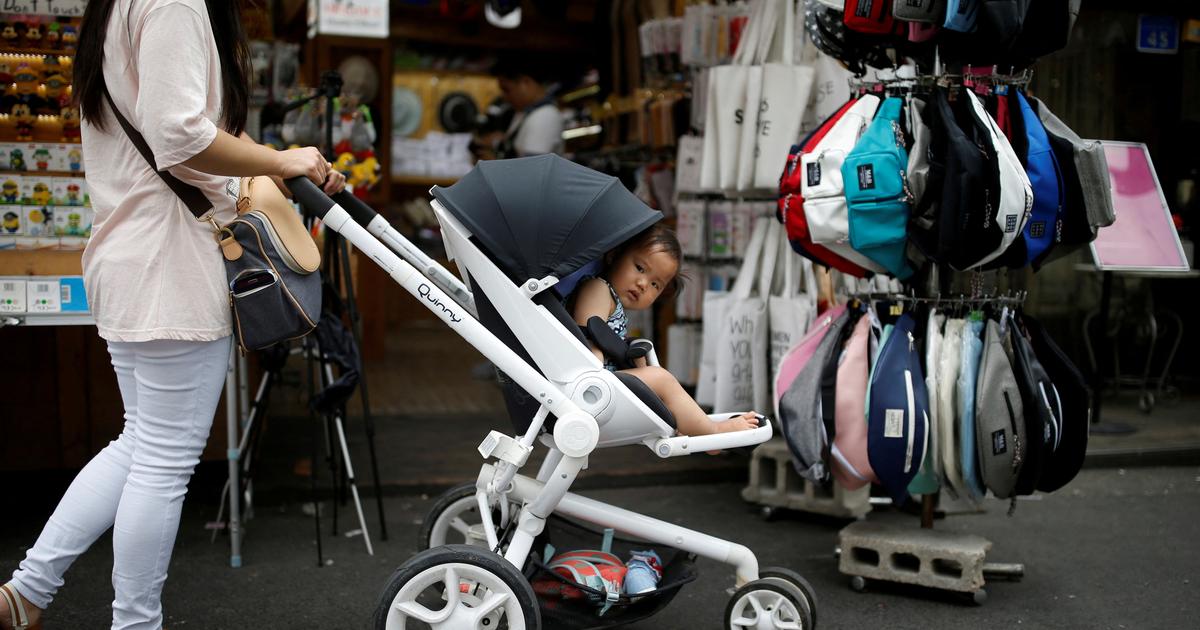health
Pregnancy and Birth
Double Challenge: The Complete Birth Guide in the Corona Period
With how many attendants is allowed to come to the birth?
Should gloves be packed as well?
Is the birth different in the days of Corona and is the hospitalization shorter?
We have gathered here all the information that will help you get ready for the most complex day of your life in the most complex period you may have experienced.
Tags
Birth
delivery room
Corona
Walla!
health
Tuesday, 09 February 2021, 08:13
Share on Facebook
Share on WhatsApp
Share on general
Share on general
Share on Twitter
Share on Email
0 comments
Even behind the masks, the team is here for you.
Birth (Photo: shutterstock) (Photo: ShutterStock)
We talked quite a bit about the complexities of pregnancy during the corona period (and also quite a bit about the maternity leave that comes after it), but what about the birth itself?
Even on normal days, childbirth is an event that arouses a great deal of concern and uncertainty, and in the days of Corona - it is a double challenge.
So that you can concentrate on the exciting birth and put the Corona concerns aside, Prof. Orit Karnieli-Miller, Head of the Department of Medical Education at Tel Aviv University and Prof. Yael Binyamini, from the School of Social Work, have compiled all the answers you should know before giving birth.
More on Walla!
NEWS
Does a corona vaccine protect both the mother and the fetus?
To the full article
When should you go to the maternity ward?
Despite the corona, it is important to get to the hospital in the following cases: bleeding, dehydration, contractions, sabotage, reduction in fetal movements, or if referred by the attending physician.
The hospital is prepared to receive mothers in a way that will protect them.
With whom to get to the hospital?
In most hospitals today it is possible to come with one or one attendant at most.
Please note - it will not be possible to replace the attendant during the birth or in the hospitalization that follows.
Also, do not come with an escort who is in solitary confinement, suspicious or verified.
More on Walla!
NEWS
Pregnancy is not a disease, but it also has dangers that are very important to recognize
This is the reason for the most significant difference between a cesarean and a normal birth
Avoiding pregnancy tests because of the corona can have painful consequences
Do not compromise on unsatisfying sex life: this will improve performance
What to bring to the hospital?
Hospitalizations today are shorter, so there is no need to carry a lot of belongings, but you should arrive with the equipment for release, in case you are left for the birth, including a baby carrier.
It is mandatory to arrive at the hospital with masks for the mother and the attendant.
No need to bring gloves.
If they are needed, for example moving from place to place, you will receive gloves at the hospital and instructions on when and how to use them.
What to do if there is a concern that I am sick in Corona?
If you have been exposed to a verified patient / you are in isolation / you have arrived from an isolation area / or you are experiencing symptoms of illness, update the hospital before you arrive.
It is important to update on any physical symptom so that the staff can give you the best treatment.
Mask - yes, gloves - no.
Pregnant woman waiting for monitor (Photo: ShutterStock)
What will happen when I get to the hospital?
Even during this period, your birth is extremely important and the staff will do everything to keep you, your baby and you having a good birth experience, as much as possible.
At the maternity ward they will examine you and assess whether you need hospitalization for follow-up or admission to the birth.
If you are released home, be sure the decision was made after all the required tests and professional judgment that is focused on your well-being and the well-being of the fetus.
What will happen in the delivery rooms?
The hospital makes every effort to allow for as safe and empowering births as possible, in the way you planned.
Childbirth is a process that cannot always be anticipated but the staff is prepared to support you and the best birth process for you.
The staff will treat you with masks and gloves, this is the most effective way to keep us all going now.
You can only see the midwife's eyes, but be sure she's excited with you and takes care of you.
It is not easy for midwives either, but trust them, they are there to help you and protect you.
Maybe they are both apprehensive and working under pressure, in long shifts and not easy conditions.
Help them help you.
Your right to receive a detailed explanation of any medical intervention.
Pregnant woman in hospital (Photo: ShutterStock)
Tell the staff clearly and respectfully what is important to you and ask me about anything that worries you or you do not understand.
Your right to receive a detailed explanation of any intervention.
The decision regarding birth interventions is yours.
Trust your body and your baby and concentrate on the birth.
Immediately after birth, if possible and as you wish, the baby will be placed in skin-to-skin contact with you and you will be able to breastfeed.
If the birth did not go as planned, know that this is a common experience, not just during this period.
Birth is unpredictable.
Even if you felt helpless or out of control during the birth, even if you are disappointed that he did not come out exactly as you wanted, it is not your fault.
These emotional experiences are known to accompany many women and are both natural and understandable.
What will happen in the hospital after the birth?
In order to protect you and your baby, if there is no medical need for the baby and the mother, the postpartum hospitalization is currently shorter than usual.
You may be asked to return with the baby for further routine checkups after release.
Precisely because the aspiration now is for a shorter hospital stay, it is difficult for the staff to predict when you will be released.
This uncertainty can create additional pressure, but trust the staff, they will monitor your condition and the condition of the newborn and decide accordingly.
In order to make the best mother-newborn contact, it is recommended that you take care of your baby from the first moment and stay with him as much as possible in full home care.
This is especially important given that when you get home you may be alone, without the help of family or good friends.
If you want to breastfeed - practice it as much as possible during the hospitalization.
The staff is available for questions about caring for you and the newborn.
In cases of suspected corona, the baby's presence with the mother will be according to the guidelines of the Ministry of Health.
Ask about the possibility of staying with the baby and about the possibility of breastfeeding or pumping milk.
If you want to continue breastfeeding, you must have a personal breast pump.
Maternity food during hospitalization is served in packaged individual portions.
And what happens when I get home?
While at the hospital, the maternity ward nurses and the nursery will guide you in which situations you should seek medical attention.
After arriving home, find out who your pediatrician is and what the contact details are, and contact the breastfeeding station to which you belong.
The immediate family and friends will not be able to visit you, but check if they can help with food deliveries, daily call, and the like.
Lots of women experience distress after giving birth, it's natural.
Sad mother holds baby (Photo: ShutterStock)
If the birth and returning home with the baby overwhelm me with hard feelings?
Feelings of helplessness or lack of control are logical and natural in the face of the situation. Also, disappointment around the birth experience or emotional distress may arise at the time of birth and even in the period after. Most of us have a natural urge to ward off negative emotions or thoughts because they are unpleasant. However, it is known that it is precisely the acceptance of these feelings and compassion for ourselves and for the feelings we feel that help to cope effectively. Therefore, try to accept your feelings as much as possible and be empathetic towards yourself, and on the other hand reduce your judgment, self-blame and criticism, which only make it difficult to deal with distress.
Another tool that can help is sharing - sharing other people in distress is one of the most effective coping strategies. Share relatives and support your difficulties. In addition to a spouse and relatives you can share and share your experiences with other women who have given birth at this time. Also, try to remember, even in difficult moments, that the distress you are experiencing is momentary and temporary, and does not indicate the future. Many women experience postpartum distress, which passes naturally over time.
If you feel that your difficulties persist and significantly interfere with your functioning, do not hesitate to seek professional help. The earlier you seek help, the more efficient and shorter the process.
Share on Facebook
Share on WhatsApp
Share on general
Share on general
Share on Twitter
Share on Email
0 comments















